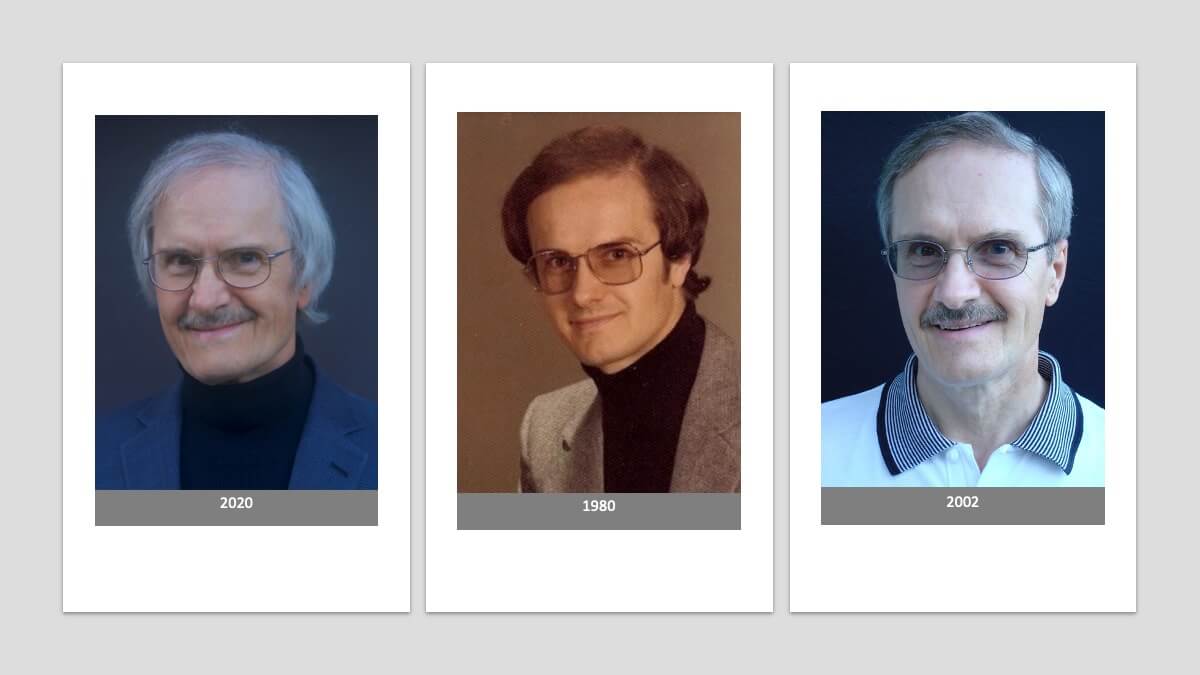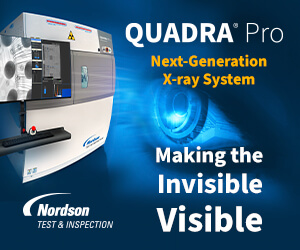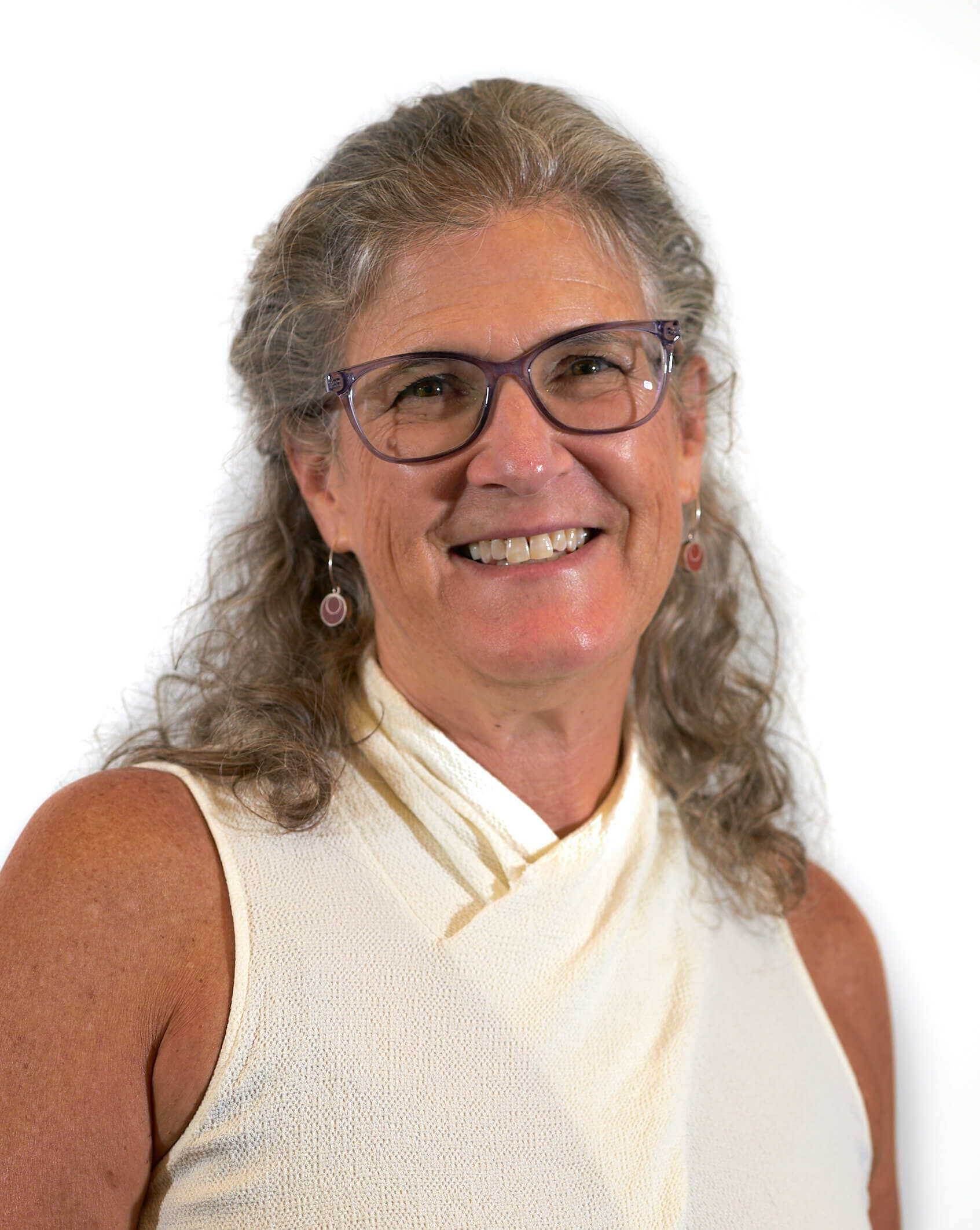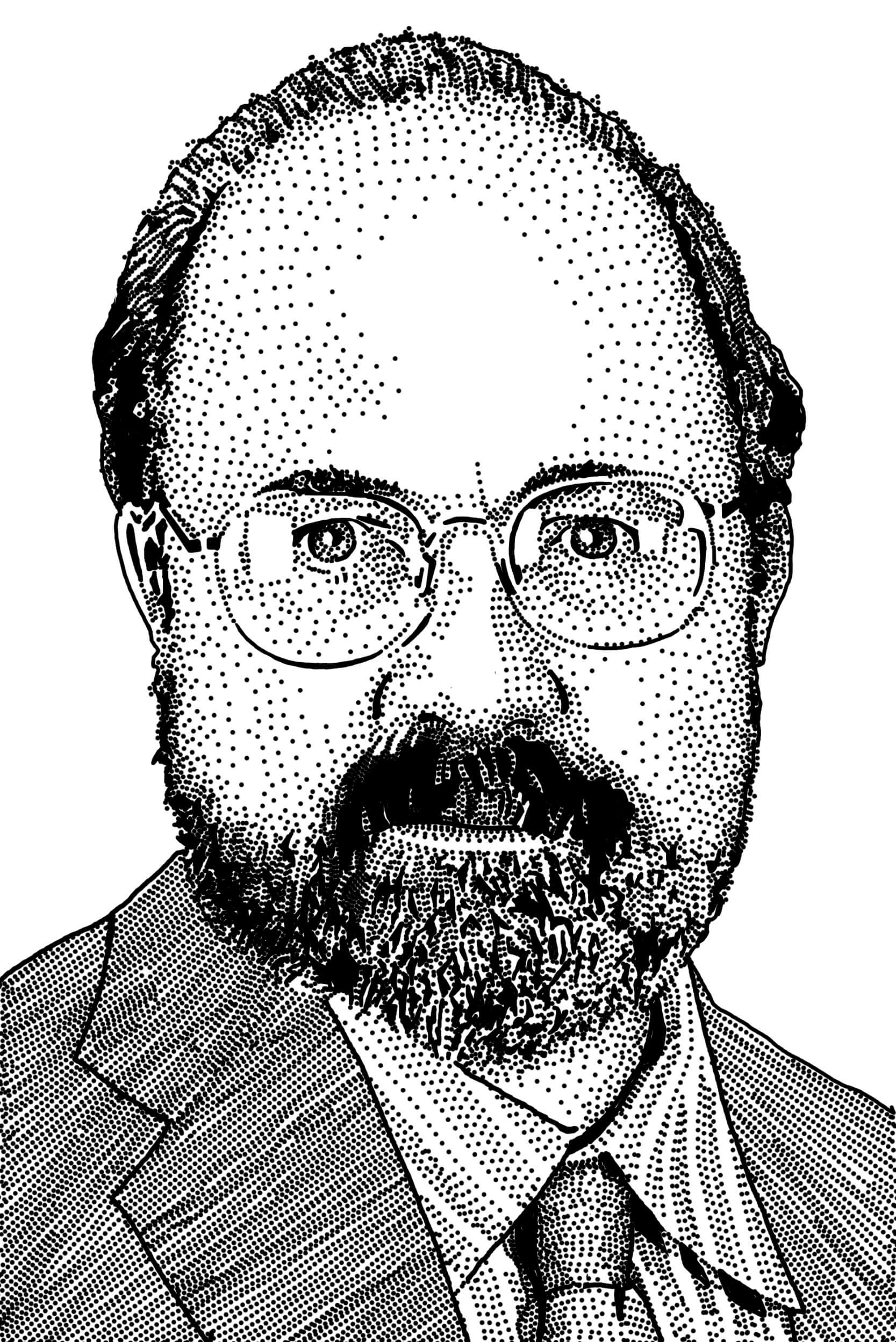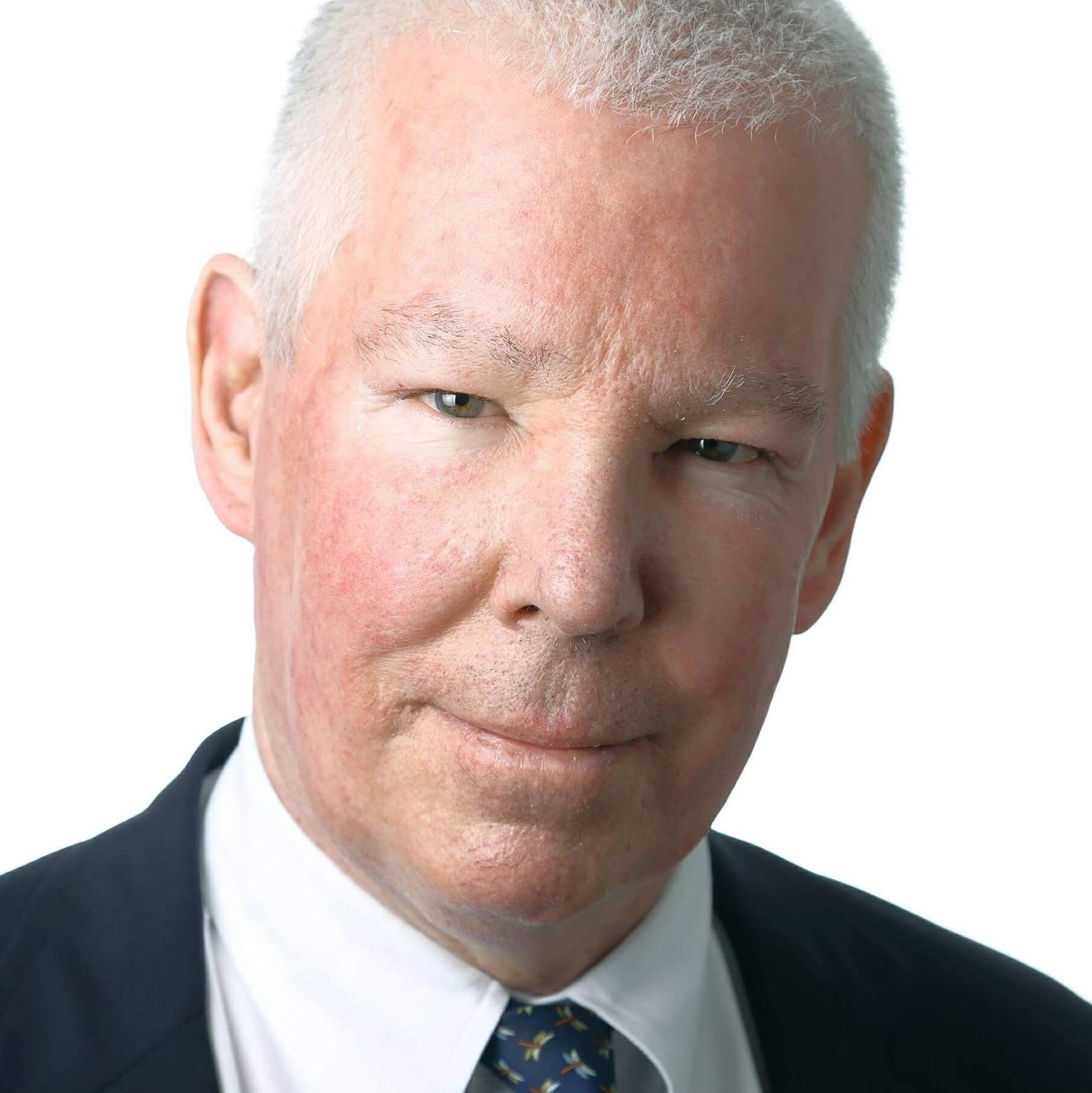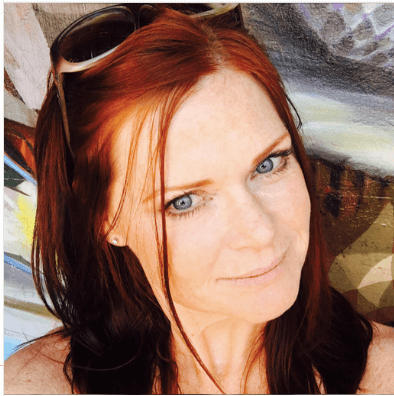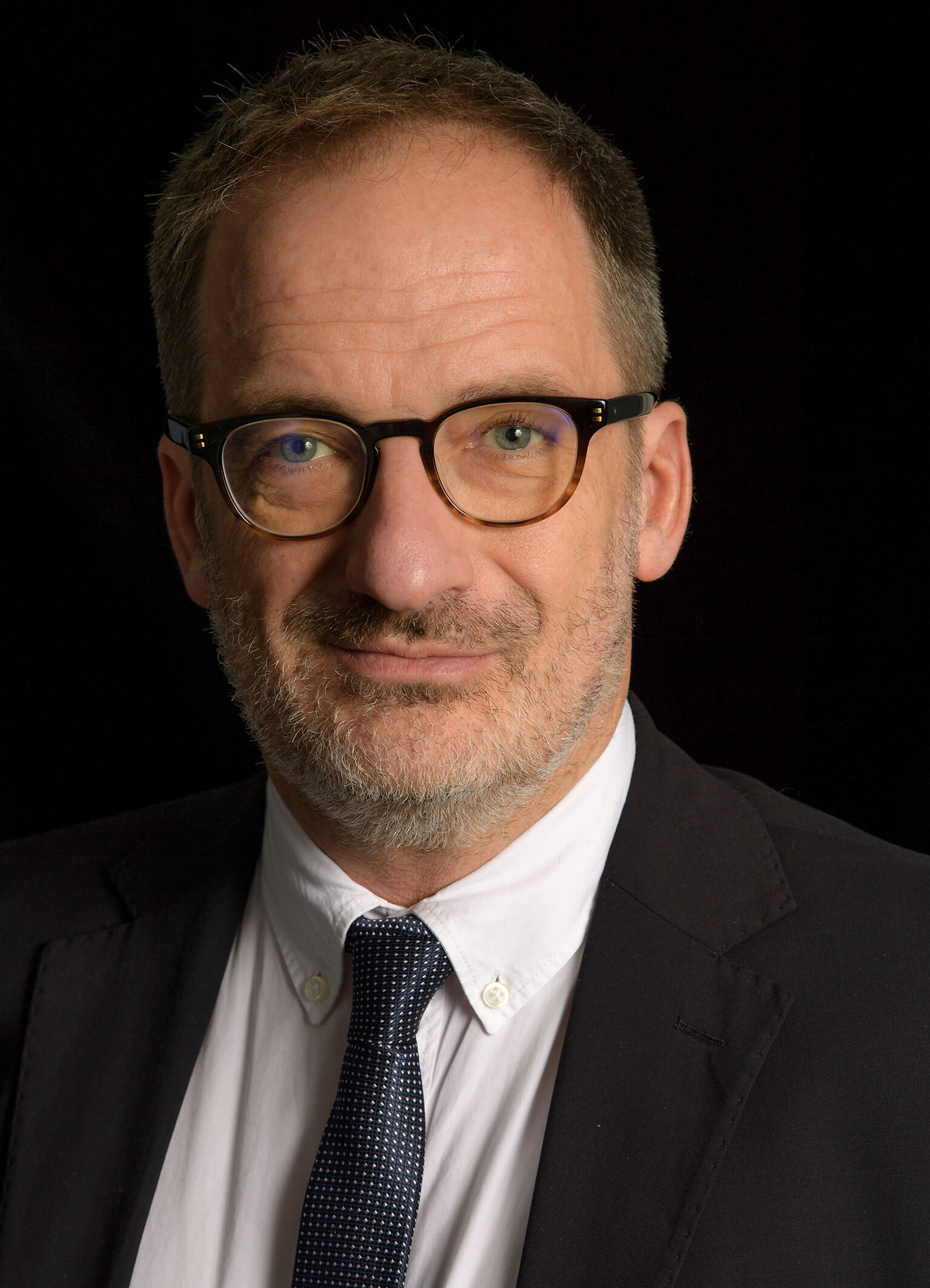In the Spring 2020 issue of the MEPTEC Report, Herb Reiter briefly emerged from his recent retirement to pen an article and interview based on lessons learned during his 50-year-long career in semiconductors. Turns out he had a lot to say. So with Ira Feldman and Bette Cooper’s blessing, we’re publishing it as a series. Six lessons each, and a final Q&A. This is Part 3. Find Parts 1 and 2 here and here.
Just like a vintage car, an aging human body also needs a lot of maintenance. During the most recent “service call”, my doctor suggested that I should fully retire. My wife liked this idea very much, therefore I decided to take my aging body “out of service”, after 50 years of working hard on the “bleeding edge” of semiconductor technologies. But not before I impart these final words of wisdom…
A few more questions and answers about my career in semiconductors… not to mention additional lessons…
Q: When struggling with basic speech synthesis at National, did I or anybody around me expect how easy it is today to utilize speech recognition and synthesis to improve human productivity?
A: DigiTalker was an NMOS chip, operating at several kHz clock frequency. Memories were tiny and expensive. If anybody would have told us what Siri does today in an iPhone, we would have laughed at this dreamer.
Q: What was it like to move from Munich to Santa Clara in the 1980s?
A: Transferring within National Semiconductor made this change relatively easy for me. But a few strong impressions remain:
- I was shocked about the cost of housing and, compared to Munich, the limited public transportation network.
- The few window offices and the many tiny cubicles was another big change for me.
- My British English caused some problems for me in California, especially when I asked my secretary for a “r…..”. (Americans call it “eraser” and use the other term to refer to a prophylactic.)
- At the first meeting with my new boss, I learned that Californians are very efficient and would not call me by my official given name “Herbert” but expect me to respond to a shortened “Herb”.
On the positive side, I liked the many more lanes on highways, the leisurely pace of highway driving (compared to 100++ miles/hour on the Autobahn in Germany), and how easy it was at that time to find a parking spot. I also must admit that many ladies, after they learned that I was born in the country where the “Sound of Music” was filmed, were nice to me… because they wanted to know more about Austria.
Q: How has EDA changed over the years?
A: EDA developers at UC Berkeley introduced SPICE simulation in 1972. With IC complexities up to a few hundred gates, nobody complained about better electronic design automation tools in the 1970s. When CMOS technology allowed much larger gate arrays, in the mid-’80s, basic gate-level simulation, place and route, layout versus schematic verification, extraction, timing analysis, test tools, etc. became more important. Today, with billions of gates in a chip, designers must have a range of planning, implementation, and verification tools to successfully design and integrate one or several dice into an IC package.
Q: What is lacking in our industry in terms of infrastructure/relationships/technology/etc.?
A: In my role as a “matchmaker” between EDA developers, IC designers, and manufacturers I found that we all need much more education about partners’ requirements and capabilities to minimize iterations and avoid catastrophic failures. Multi-company working groups – under the umbrella of industry organizations, like the HIR working groups at SEMI and the semimonthly webinars at MEPTEC, are perfect examples for addressing these challenges well.
In addition, experienced people at practically every company need to establish much better personal relationships with experts at complementary companies to make projects/programs succeed in a timely manner. These expert relationships were (and still are) a key success factor at IDMs and especially useful to complete large projects on schedule and within budget.
Thanks to Herb and MEPTEC for sharing this final swansong. It’s been nice having Herb’s voice in our heads again, even for a short visit! We wish him well in his retirement.




